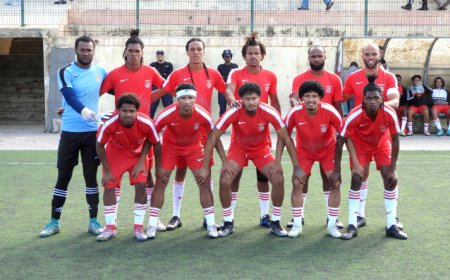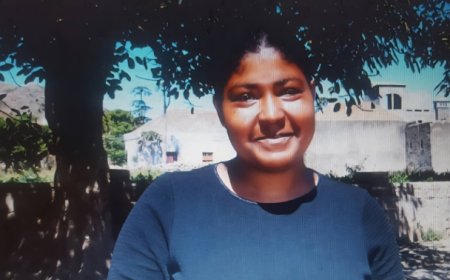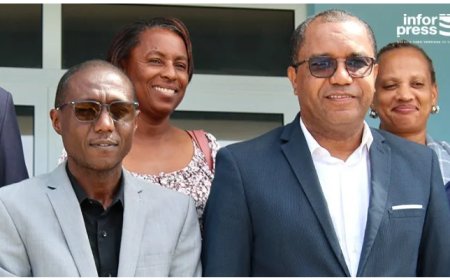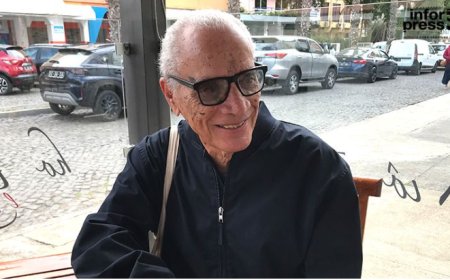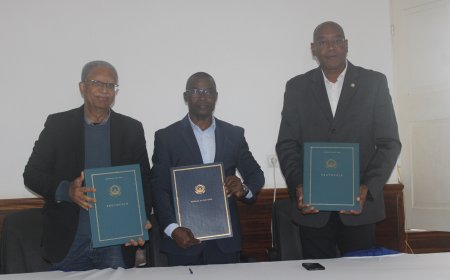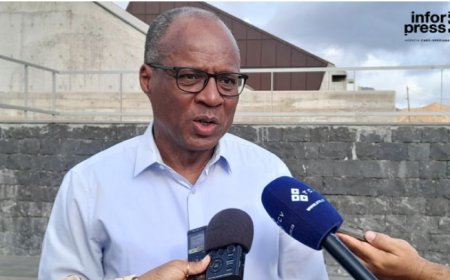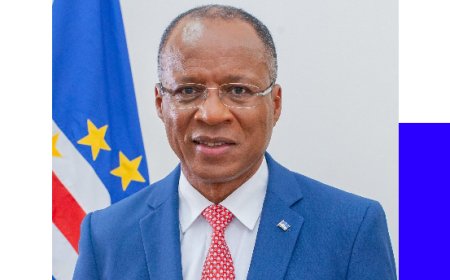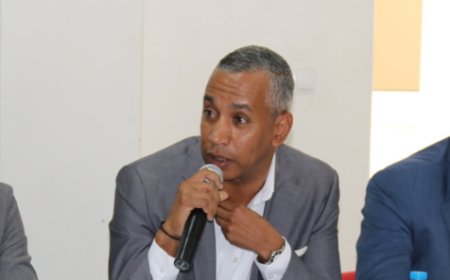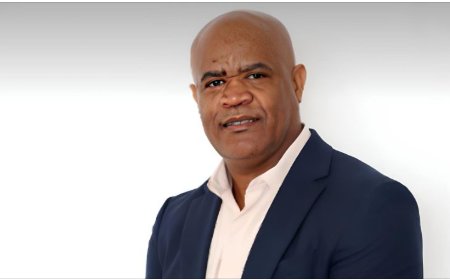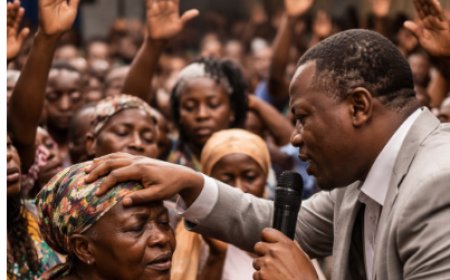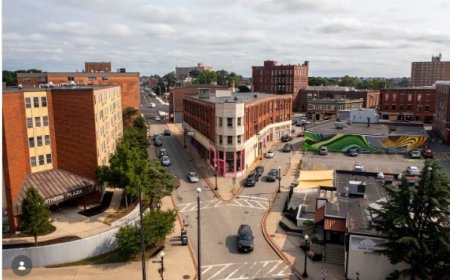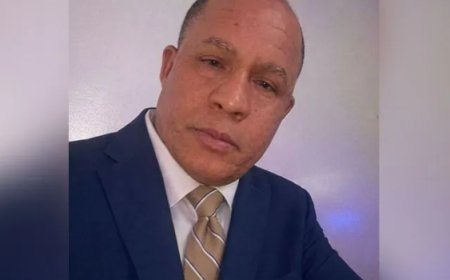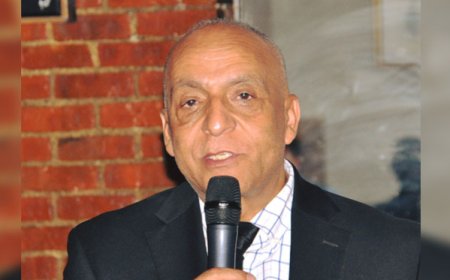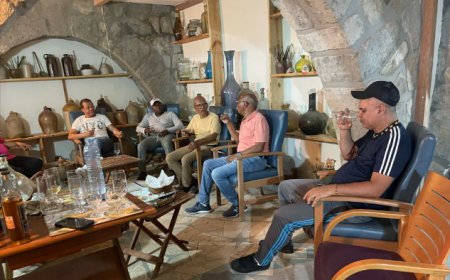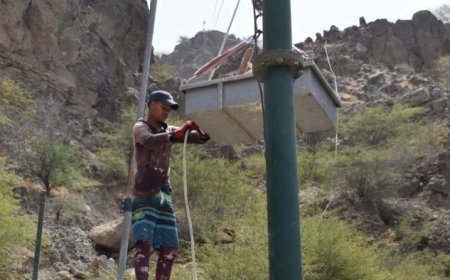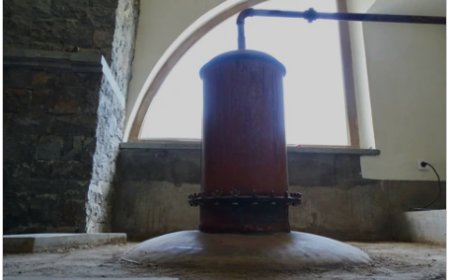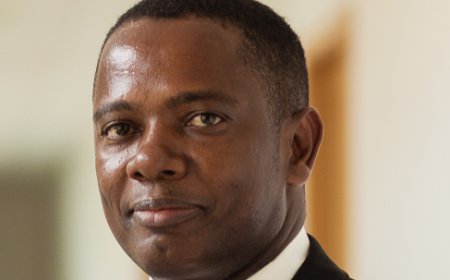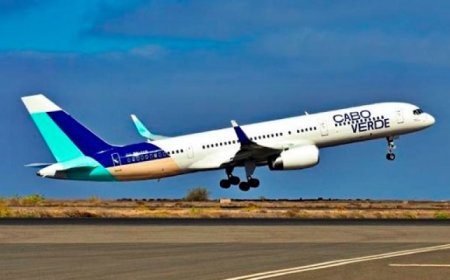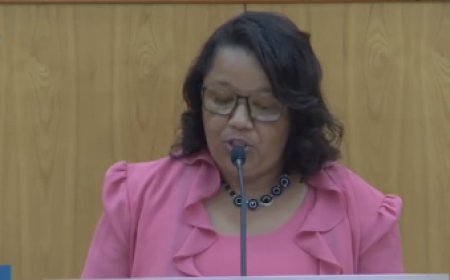State of the Nation: PM highlights "robust growth" and projects high-income country
The Prime Minister stated today, in the State of the Nation Debate, that Cape Verde is experiencing "robust economic growth, social advances and strategic investments" that will propel it towards High Income Country status in the coming years.
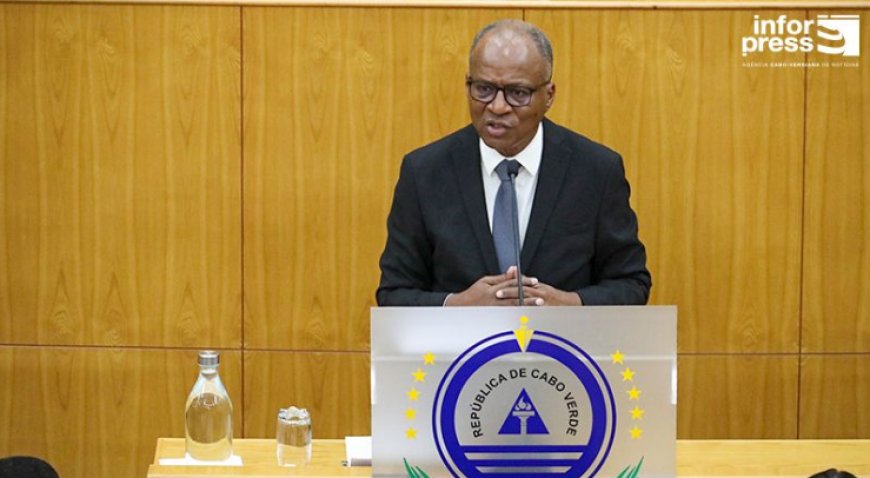
In his speech during the ordinary session this Thursday, July 31, Ulisses Correia e Silva highlighted that “Cape Verde is confident about the future”, being “stronger, more resilient and with better prospects”.
The head of government recalled that the country faced "the most serious global health and economic crisis since the Second World War," due to the Covid-19 pandemic and the inflationary crisis caused by the war in Ukraine, which "caused energy and food prices to rise."
"We faced these crises head-on. We took the right measures, protected people, recovered and relaunched the economy with robust economic growth, reduced inflation and public debt, and reduced unemployment and poverty," he stressed.
Among the figures presented, it is worth highlighting that, after an economic contraction of 20.8% in 2020, the economy grew at an average annual rate of 9% between 2021 and 2024, exceeding the average for Sub-Saharan Africa and emerging economies.
Inflation, which soared to around 8% in 2022, has returned to low levels of around 1%, an "important factor for people's income and purchasing power."
According to the Prime Minister, public debt, which in 2015 represented 123% of GDP, was reduced to 109% in 2024, and is expected to fall below 100% in 2026.
Tourism has nearly doubled, with over one million visitors in 2024, compared to 644,000 in 2016. At the same time, the business sector has grown significantly, from 9,442 to 18,204 companies, with over 90,000 jobs and a turnover of 365 million contos in 2023.
As for unemployment, the rate fell from 15% in 2016 to 8% in 2024, with youth unemployment reducing from 41% to 20% in the same period.
Regarding poverty, the head of government said that the absolute rate decreased from 35.5% in 2015 to 25% in 2023, and extreme poverty was reduced by half, from 4.5% to 2.3%, in line with the goal of eliminating it next year.
The Government strengthened social policies, with 46,000 families benefiting from the Social Inclusion Income between 2020 and 2025, an increase in the social pension, education and health subsidies, and the expansion of free primary and secondary education.
In the health sector, advances were highlighted, such as the certification of Cape Verde as a malaria-free country in 2024, the reduction in the teenage pregnancy rate, the creation of the Dialysis Center at Baptista de Sousa Hospital and the recent inauguration of the Maternity and Pediatrics Unit at the same hospital.
In the education sector, according to Ulisses Correia e Silva, the government strengthened inclusion and quality of education, extending compulsory education to 12 years, expanding the range of vocational training, and creating scholarships for thousands of students.
Ulisses Correia e Silva reiterated that the country's ambition is to achieve High Income Country status, with sustained double-digit economic growth over the next ten years.
The Prime Minister emphasized that the country will continue to invest in the energy transition, with targets for renewable energy of 35% in 2026 and more than 50% by 2030, and increased investments in water, transport, and energy infrastructure.
"There is trust in the country, which cannot be undermined by populism and extremism. The future of Cape Verde in a difficult and challenging international context is at stake," he warned.
Ulisses Correia e Silva assured that, with the strengthening of economic growth and social and employment policies, the country will further reduce unemployment and poverty, benefiting a greater number of citizens.
Inforpress/End







